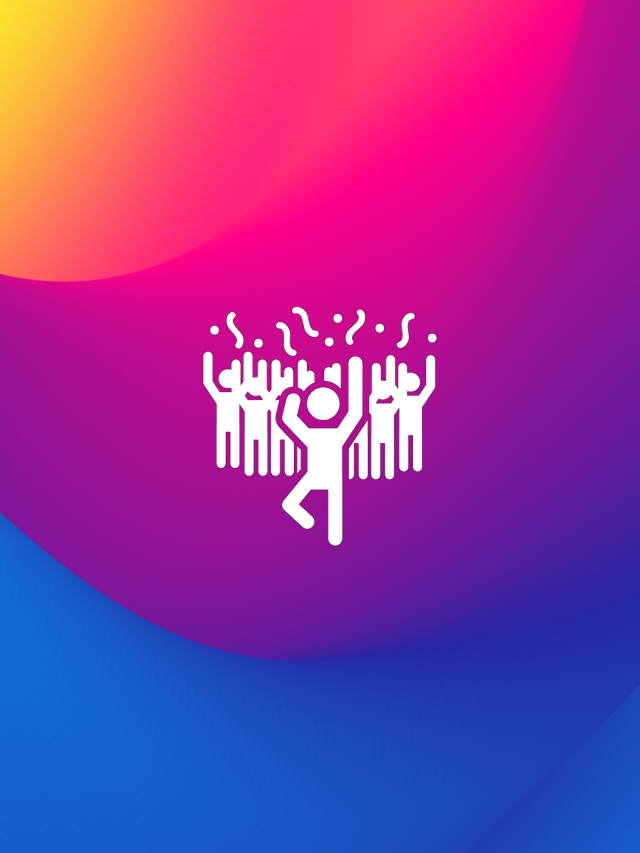Blockchains Versus Conventional Databases By Shaan Ray
Additionally, nodes could be freely added or faraway from a community without any preparation or consequences. At the time of this writing, the Ethereum blockchain has over 15,000 nodes (shown within the picture below). If the security of the only authority is compromised, the data blockchain solutions may be altered, deleted, or leaked to the public. However, these public blockchains and usually are not the blockchains that virtually all companies will make the most of. When most people consider blockchain, they consider blockchains like Bitcoin and Ethereum.

Blockchain Vs Database: Key Benefits Of Blockchain
For example, if an error is made in a transaction or if fraudulent information is added to the blockchain, it can be troublesome or inconceivable to right or take away it. Blockchain may be accessed from anywhere on the planet by a consumer with an internet connection. This makes it easier to take part in transactions and can help to increase financial inclusion. Test the database completely to ensure it capabilities appropriately and meets all of your requirements. Ongoing upkeep is crucial to making sure the security and integrity of the database over time.
- Different blockchain implementations can use various database engines to store the blockchain itself.
- Since every laptop holds a present copy of the ledger, the data isn’t weak to a single level of failure.
- In this case it’s far more practical to hide the data in a non-public database, which wouldn’t even require community connectivity.
- In a centralized model, if the administrator neglects to make use of patches and updates, the method may be uncovered to security deeds by hackers.
- In the multimodel approach, relational, document, graph database and different fashions — together with blockchain — are all obtainable in a single database.
How Is Blockchain Completely Different From Traditional Data Storage Models?
This sort of deployment can have multiple purposes across numerous industries. Examples of this kind of deployment in the wild embrace the Open Music Initiative for musicians and R3 for monetary establishments. The blockchain architecture is dependent upon the deployment type and information sort. Distributed databases leverage numerous query optimization techniques to boost effectivity.

Rip-off Alert – Watch Out For Goheard Keylogger App Rip-off
Use Cases Where Traditional Databases Are Still More EfficientIn environments the place pace, efficiency, and common updates are required, conventional databases nonetheless outperform blockchain. For instance, Bitcoin processes roughly 7 transactions per second (TPS), while conventional methods like Visa can deal with as a lot as 24,000 TPS. This can lead to bottlenecks, notably during periods of excessive community exercise. By eliminating central management, blockchain offers a more secure and transparent system than traditional databases. This difference has led to its adoption in industries where trust, security, and transparency are crucial.
Get The Best Blockchain Database Solutions

This decentralization is the important thing to the security and transparency of blockchain expertise. As blockchain utilizes high-level cryptographic technology and a shared decentralized network, it creates a protected environment. Changing the data structure on a block wants a plethora of computing support. Learn how good contracts work as a powerful part of blockchain networks.
Tips On How To Construct A Defi App? Costs, Options, Process, Sorts
No, blockchain has quite a few purposes beyond cryptocurrencies, including provide chain administration, voting techniques, and id verification. In conclusion, both blockchain and traditional databases have their unique strengths and weaknesses. In a centralized model, if the administrator neglects to use patches and updates, the strategy could be exposed to security deeds by hackers. Centralization should make administration more manageable, but at other factors when not appropriately carried out, it could create very decisive obstacles that affect data sincerity in a system. This is at present an issue because, not like traditional databases, all blockchain is pretty much its ecosystem.
The main limitation is across the performance in phrases of querying the database. Any new transactions have to be validated by all the nodes, and this is normally a lengthy course of, depending on the size of the blockchain itself. Querying the info may also be challenging, and the pace of learn operations is nowhere close to that of a database. Blockchain is an immutable digital ledger used for recording transactions in a decentralized method.
In the event of a power outage, downtime, or another technical glitch leading to data loss, the backup acts as a default choice to reset the final model. To assist in this process, a major administrator can divide his/her tasks and distribute work between a quantity of customers, every assigned a minor task. Blockchain Technology has come of age and provides a number of architectural fashions such as permissioned, non-public, or hybrid blockchain. Blockchain is an ideal alternative for purposes requiring excessive levels of security and belief with out intermediaries.
Organizations should do their due diligence and conduct a deep dive evaluation to see if the blockchain expertise fits their wants and then plan the development or migration to Web3 accordingly. Blockchain know-how does not enable easy modification of knowledge as quickly as recorded, and it requires rewriting the codes in all of the blocks, which is time-consuming and expensive. The downside of this function is that it’s hard to correct a mistake or make any essential changes. Blockchain helps immutability, meaning it is inconceivable to erase or replace recorded knowledge.
Some protocols intend to make blockchain function with respect to others. Blockchain was launched in 2009 when bitcoin grew to become the first mode to execute it. In bitcoin, a blockchain is a permanent digital public report that may be a continuously increasing shared database that is cryptographically guarded.

















